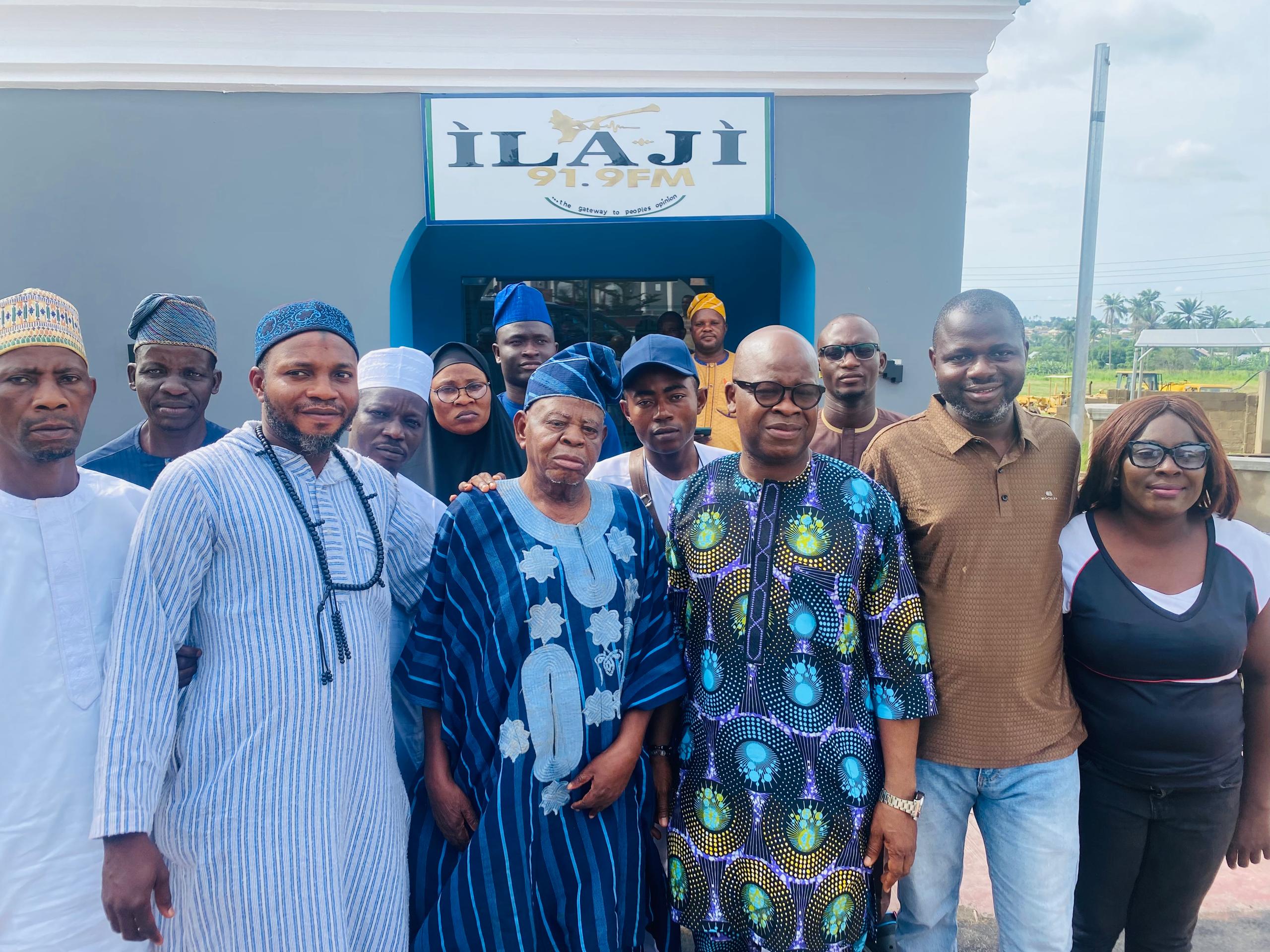The Nigerian Institute of Social and Economic Research (NISER), Ibadan has urged President Muhammadu Buhari led administration not to make any mistake by repeating what led to the collapsed of the 2005 school feeding programme introduced during the tenure of Chief Olusegun Obasanjo.
NISER recalled that failure of the Universal Basic Education Commission (UBEC) to disburse funds to pilot states, non-remmittance of counterpart funds from participating state, inadequate monitoring and evaluation, inadequate sensitization and advocacy, low community involvement, inadequate policy and legal framework as well as stoppage of the federal funding in 2008 which led to the collapse of the 2005 programme should be avoided if the present government is interested to let the school feeding programme introduce by President Buhari see the light of the day.
A research fellow in Social and Governance Policy Research Department of NISER, Mr. Wadinga Audu who gave this advise on Tuesday while delivering NISER’s October lecture series, however recommends that for the programme to work effectively, both federal and state governments should put in place legal and policy framework to guide implementation of the School Feeding Programme (SFP).
Audu while speaking on the topic “Prospects and challenges of the Primary School feeding programme in Nigeria” noted that SFP holds the keys for enhancing school enrolment, health and learning capacity of primary school children in Nigeria however declared that some of the problems encountered during the 2005 programme still surface in the present SFP of Buhari administration.
He remarked that the renew interest of Buhari administration motivated the study in order to avoid pitfall of the 2005 SFP.
“The SFP holds the keys for enhancing school enrolment, health and learning capacity of primary school children in Nigeria (Benefits very real and proven).
“This necessitated the launching of the 2005 SFP that soon collapsed due to faulty design, implementation and sustainability issues. The renewed interest by PMB administration motivated this study in order to avoid pitfalls of the 2005 HGSFP. Results indicate design, implementation and sustainability problems still remain.
“Why the 2005 programme collapsed, Failure of UBEC to disburse funds to pilot states as well as non-remittance of counterpart funds from participating states. Inadequate monitoring and evaluation. Inadequate sensitization and advocacy of relevant stakeholders, resulting in low community involvement and participation.
“Lack of supporting infrastructure such as water, sanitation and hygiene (WASH) facilities, institutional structure at fedearl level was not made fully operational.
“Inadequate policy and legal framework at the state and federal level, stoppage of federal funding in 2008.
Audu then advised that, “Mainstreaming SFP into the existing national and sub-national development policy frameworks is a priority.
“Federal and states, through ministries of education should take advantage of the numerous aids agencies to enhance sustainability”.
He also recommends that “Put in place effective sustainability plan and monitoring system for hitch-free and corruption free implementation of the programme in Nigeria.
“Federal and state should put in place legal and policy framework to guide implementation of SFP (Derivable from the Nation Social Protection Policy).
“Extant institutional framework for implementation should be strengthened linking federal institutions with those of states as the programme implementers.
“Federal and states should jointly fund the programme with some levels of community and private sector participation to ensure sustainability.
“States should mainstream SFP funding into their budget process, and ensure timely payment of vendors”.

















